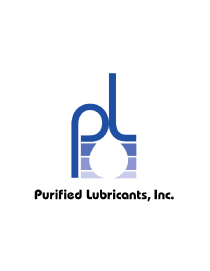We have three new grease guns that are used to relubricate a variety of machine components, which require different greases. I recently was told that it is best practice for each grease gun to be dedicated to a single type of grease. Is this true? If so, what damage could result if a grease gun has held different types of greases?”





